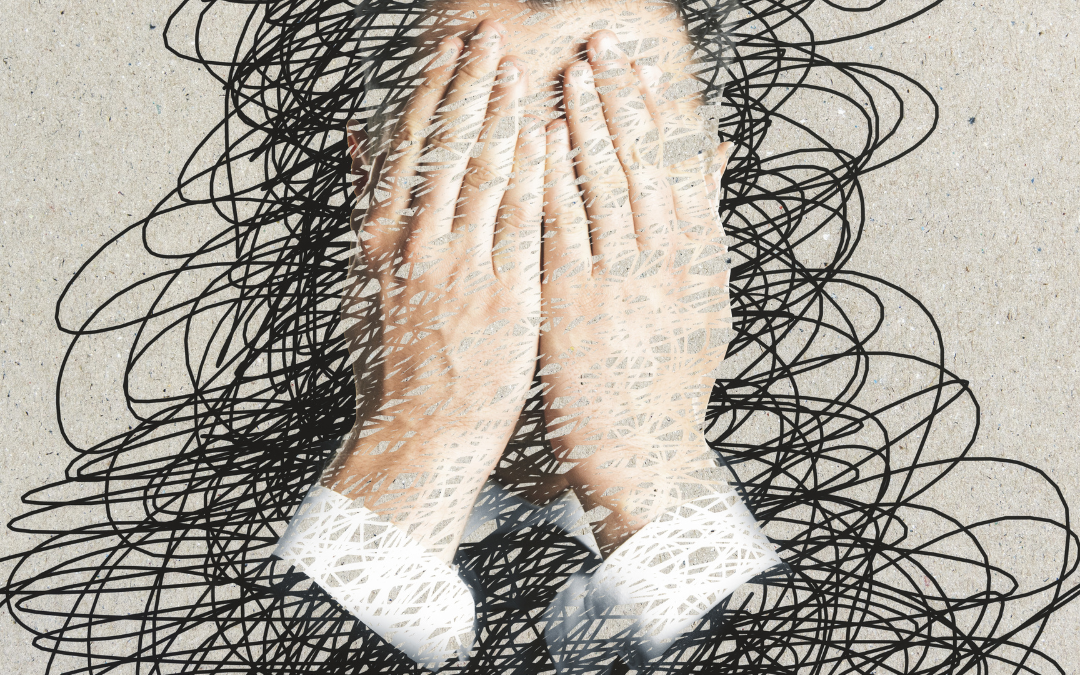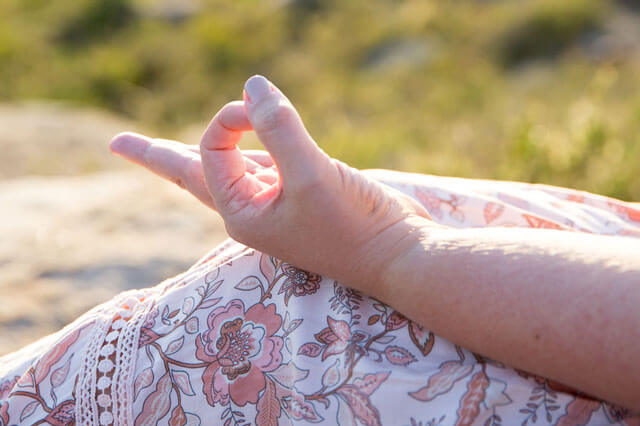Navigating the Emotional Terrain: Understanding the Stages of Grief
Grief is a journey through a landscape of profound emotions, often triggered by the loss of a loved one, a significant life change, or a traumatic event. While grief is deeply personal and unique to each individual, it often follows a recognizable pattern known as the stages of grief. These stages, first introduced by psychiatrist Elisabeth Kübler-Ross in her seminal work “On Death and Dying,” provide a framework for understanding the complex and often turbulent emotional process of grieving.
Denial: The First Barrier of Grief
In the initial stage of grief, denial acts as a protective shield against the overwhelming shock of loss. It’s a natural defense mechanism, allowing individuals to gradually absorb the reality of the situation. During this stage, individuals may find themselves unable or unwilling to accept the truth of the loss. They may engage in thoughts like, “This can’t be happening” or “It must be a mistake.” Denial provides a buffer against the intense emotions that accompany grief, offering a temporary respite from the pain of loss.

Anger: The Fire of Grief
As the reality of the loss begins to sink in, individuals often experience a surge of intense anger. This anger can be directed inward, outward, or towards a higher power, and it may manifest in a variety of ways. Individuals may feel angry at themselves for real or perceived failures, angry at others for their perceived role in the loss, or even angry at the person they’ve lost for leaving them behind. Anger is a natural and valid response to grief, serving as an outlet for the overwhelming emotions that accompany loss. It’s important for individuals to acknowledge and express their anger in healthy ways, rather than suppressing or denying it.
Bargaining: The Search for Control
In the bargaining stage of grief, individuals often seek to regain a sense of control in the face of overwhelming loss. They may engage in bargaining with a higher power, making promises or seeking to negotiate the terms of the loss. Common thoughts during this stage include “If only I had done things differently” or “If only I could have one more chance.” Bargaining is a way of trying to make sense of the loss and regain a sense of agency in an otherwise uncontrollable situation. However, it’s important to recognise that bargaining is ultimately futile and can prolong the process of grief if individuals become stuck in this stage.
Depression: The Depths of Grief
In the depression stage of grief, the full weight of the loss begins to settle in, and individuals may experience profound sadness, emptiness, and despair. This stage is characterised by feelings of hopelessness, helplessness, and withdrawal from others. Individuals may struggle to find meaning or purpose in their lives and may feel overwhelmed by the magnitude of their emotions. It’s important to distinguish between normal grief-related sadness and clinical depression, which may require professional intervention. While depression is a natural part of the grieving process, it’s important for individuals to seek support from friends, family, or mental health professionals to help them navigate this challenging stage.
Acceptance: Finding Peace in Grief
In the final stage of grief, individuals begin to come to terms with the reality of the loss and find a sense of peace and closure. Acceptance doesn’t mean that the pain of grief disappears completely, but rather that individuals begin to integrate the loss into their lives and adjust to a new reality without their loved one. They may find comfort in memories of their loved one and begin to find meaning and purpose in their lives again. Acceptance is a gradual process, and individuals may move in and out of this stage as they continue to heal from their loss.
It’s important to remember that grief is a highly individual process, and not everyone will experience all of these stages or experience them in the same way. Additionally, grief doesn’t have a fixed timeline, and individuals may move through the stages at their own pace. By understanding the stages of grief and recognizing the complex emotions that accompany loss, individuals can gain insight into their own grieving process and find comfort in knowing that what they’re feeling is a normal and natural response to loss. With support from friends, family, and mental health professionals, individuals can navigate the emotional terrain of grief and begin to heal from their loss, one step at a time.
Are you struggling with your grief?
Are you looking to start your healing journey? Reach out to our friendly team of therapists to start your healing journey, We offer a variety of different therapy journeys, heal via art therapy, yoga therapy, counselling or the healing powers of massage therapy.
Our team of dedicated professionals are here to help.
Read our lastest journal posts

The Real Work of Therapy
When most people think about therapy, they often envision a weekly session where they sit across from a therapist, discuss their feelings, and then return to their daily lives until the next appointment. While these sessions are a crucial part of the therapeutic...

Understanding and Managing Stress
Understanding and Managing Stress: Physical Effects, Mechanisms, and Reduction StrategiesStress is an inevitable part of life, touching nearly everyone at some point. While stress responses can be beneficial in short bursts, prolonged stress can have significant...

Stress Can Affect Your Entire Being
Stress is not just in your head. In fact, stress is physiological, affecting your entire body, making everything you do seem so much harder. And stress can be caused by many factors: moving house, loss of a job, post-traumatic stress disorder (PTSD), or abuse suffered...

Overwhelmed by the busy-ness of life? Here’s some tips for improving your mental health!
Good mental health is much more than just the absence of mental health problems. It refers to your overall psychological wellbeing, including the way you feel about yourself, the quality of your relationships, your ability to manage your feelings and how you deal with...

Got high stress and low energy levels? You’ve got to try this relaxing yoga practice…
Yoga is not ‘just yoga’. What many people don’t realise is that there are different forms of yoga. The concept of a good restorative sequence to mobilise your spine remains, but it’s the length of the poses that differs. Introducing restorative yoga Think of your big...

